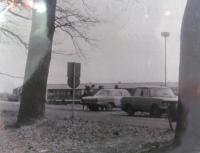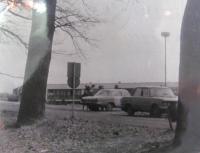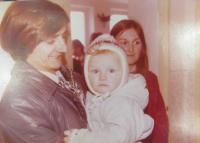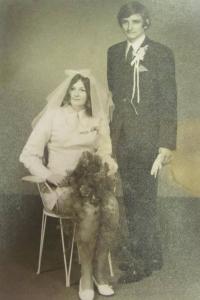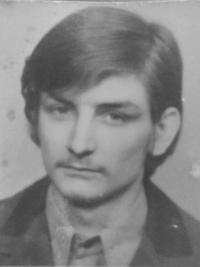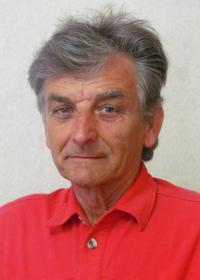Nothing is black and white
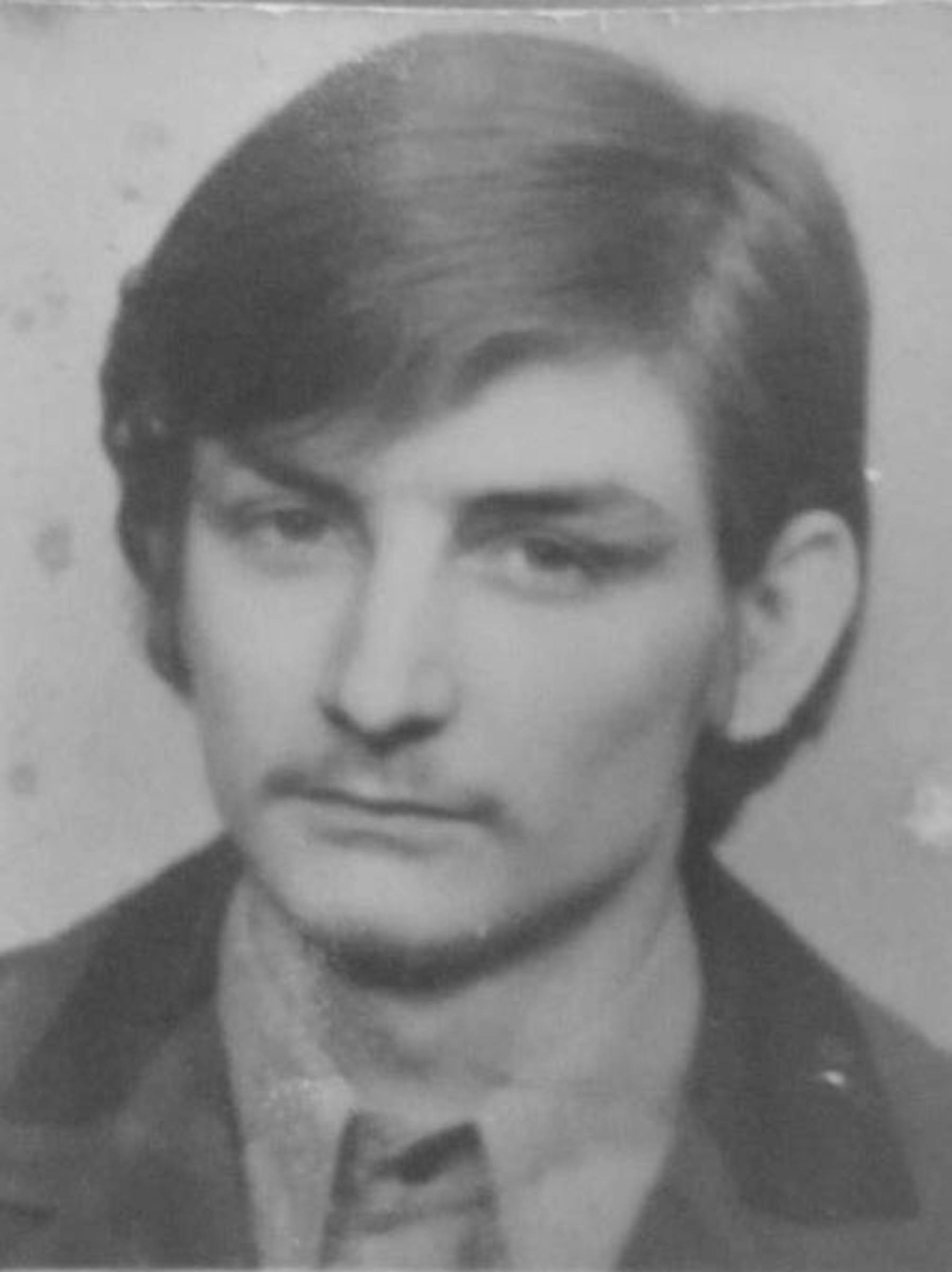
Stáhnout obrázek
Jan Šinogl was born on September 25, 1949 in Znojmo as the elder of two sons. His opinions were formed by his contacts with his relatives in the West as well as in the East and by listening to foreign radio broadcast. Although he excelled in his studies, due to the unfavourable personal-political profile of his family he was not allowed to study further after completing elementary school and he thus had to start vocational training. The events of August 1968 definitely convinced him of the viciousness of the communist regime after 1948. The death of philosopher Jan Patočka in spring 1977 as a result of exhausting interrogations by the StB made Jan into an active participant in the dissident movement. Jan and his wife Drahomíra became involved in the activity of Edition Petlice, which focused on disseminating texts of blacklisted authors. Both of them soon became monitored by the StB. Somebody informed upon them and their activity was investigated by the police. Jan‘s wife was sentenced to one year of imprisonment in the 1980s. The incident became widely known in Czechoslovakia and all over the world and inspired a wave of protests. Drahomíra, who at the time of her arrest was still breastfeeding their six-month-old son, was eventually released after four weeks.
